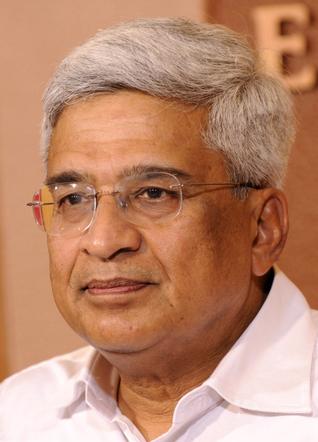
Chennai, July 12: As Congress intensified efforts for a consensus candidate for the Vice President's post, CPI(M) today said it is in favour of a person who does not belong to Congress.
This was conveyed by CPI(M) General Secretary Prakash Karat to Prime Minister Manmohan Singh who had recently contacted him as part of efforts to seek support of political parties in selection of a candidate in the Vice Presidential election.
"We have told the Prime Minister that we would like to have a person who does not belong to Congress party to be the Vice President," Karat told reporters here when asked about CPI(M)'s choice for the Vice President's post.
Observing that it was for UPA to decide whom it wants to put forward, the CPI(M) veteran said the candidate should also have a "stature and a distinguished background".
Karat, who is here for the party's three-day state committee meeting, said it was now upto Congress to decide, after which CPI(M) would respond.
The CPI(M) leader's observation comes in the midst of Congress giving broad hints that Hamid Ansari is a frontrunner in the Vice Presidential race. CPI(M) has extended support to UPA's presidential nominee Pranab Mukherjee.
Karat refused comment on the party's problems in Kerala.




Comments
Add new comment